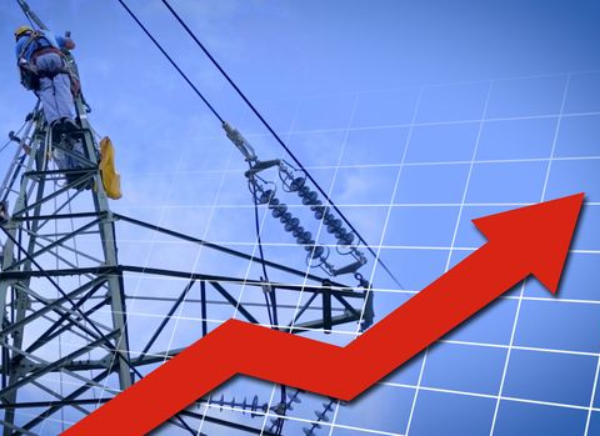
NetApp®, a global, cloud-led, data-centric software company, announced new ways for businesses to monitor, manage, and optimize their carbon footprints across hybrid, multi-cloud environments. The company also stated its intention to achieve a 50 percent intensity reduction in Scope 3 Greenhouse Gas (GHG) emissions (produced by an organization’s value chain) by 2030, as well as a 42 percent reduction in Scope 1 (controlled or owned by an organization) and Scope 2 (electricity, heat, and cooling purchases) GHG emissions through the implementation of a science-aligned target.

“The unparalleled environmental challenges we face require everyone to be a part of the solution. We are deeply integrating sustainability into the strategy and operational priorities of our business,” said George Kurian, Chief Executive Officer at NetApp. “It’s our belief that the world’s ongoing energy challenges require innovative solutions and we’re steadfastly committed to continuing to develop energy-efficient technologies and solutions that allow our customers to greatly reduce their carbon footprint. We’re also committed to expanding sustainable practices within our own business by setting a bold, but achievable target of a 50 percent intensity reduction of Scope 3 Greenhouse Gas emissions by 2030.”
Organizations can more effectively achieve their carbon reduction goals while meeting their own customer demands with new tools and resources announced at NetApp INSIGHT:
NetApp’s entire portfolio of products and services enable customers to build out the hybrid multi-cloud environments that meet their business and sustainability objectives and provide a holistic, comprehensive approach to creating a more sustainable IT structure.
“Companies need visibility into, and insight on, the sustainability and efficiency state of their hybrid, multi-cloud environments to better understand where they can make changes to reduce their carbon footprints,” said Cesar Cernuda, President at NetApp. “NetApp’s ongoing commitment to innovation in our product portfolio, combined with the company’s decarbonization efforts, provide organizations with the tools and resources they need to reduce costs, run more efficient operations, and enable emissions-based decision making in order to achieve their own sustainability goals.”
External experts have recognized NetApp’s environmental, social, and governance (ESG) commitment and leadership, including EcoVadis, which recently awarded NetApp a Gold ranking. This evidence-based ESG rating agency assigns supplier ratings based on environmental, labor and human rights, ethics, and sustainable procurement criteria. NetApp’s Gold ranking places it in the top 7% of all companies rated by EcoVadis.
NetApp is a founding member of the Environmental Protection Agency’s ENERGY STAR program for data center storage, with multiple storage systems, including NetApp AFF, FAS, and E-Series data storage systems, certified as ENERGY STAR 2.1 products.
NetApp’s third ESG Impact Report will be released later this year. NetApp’s ESG strategies, activities, progress, metrics, and performance for global operations for the fiscal year ending April 30, 2022 are covered in the report.